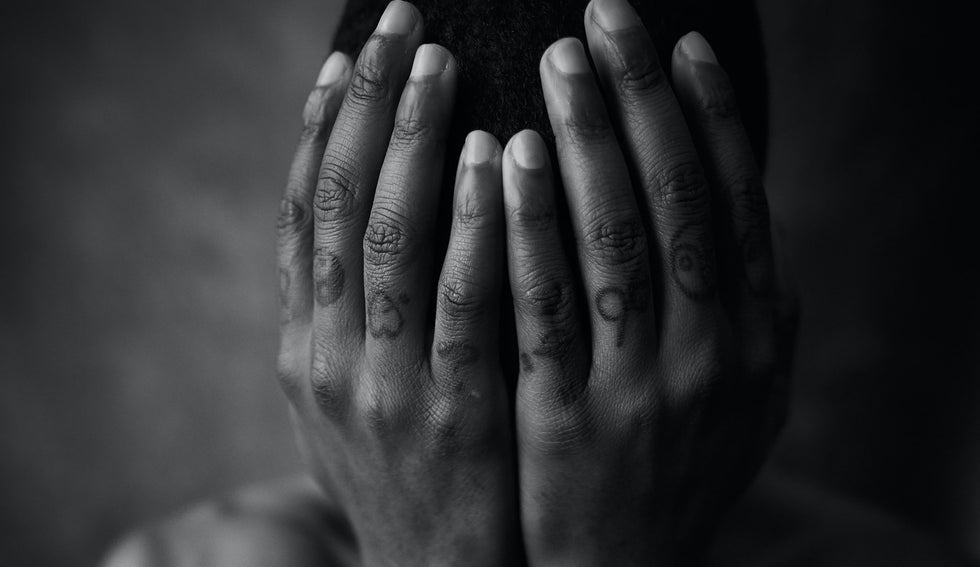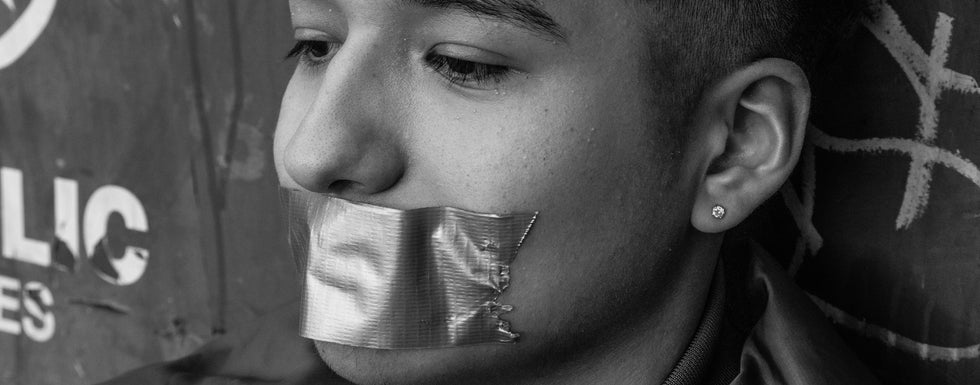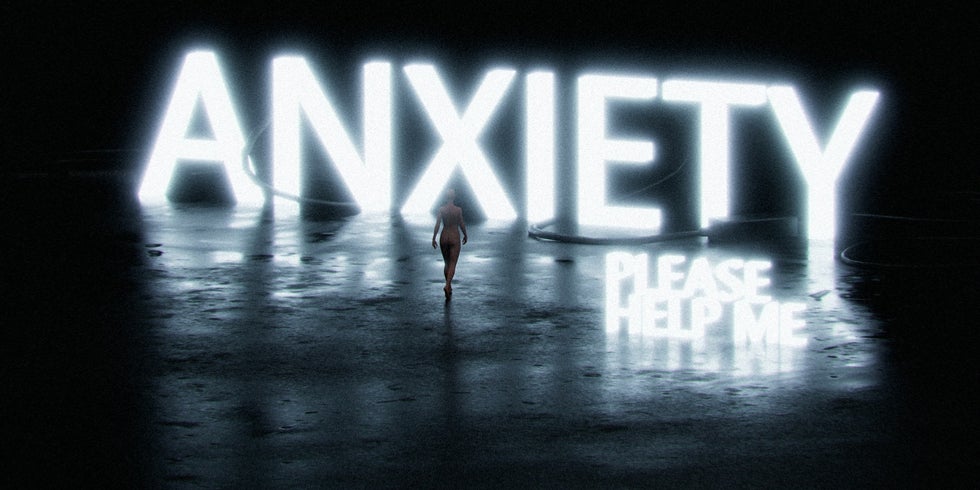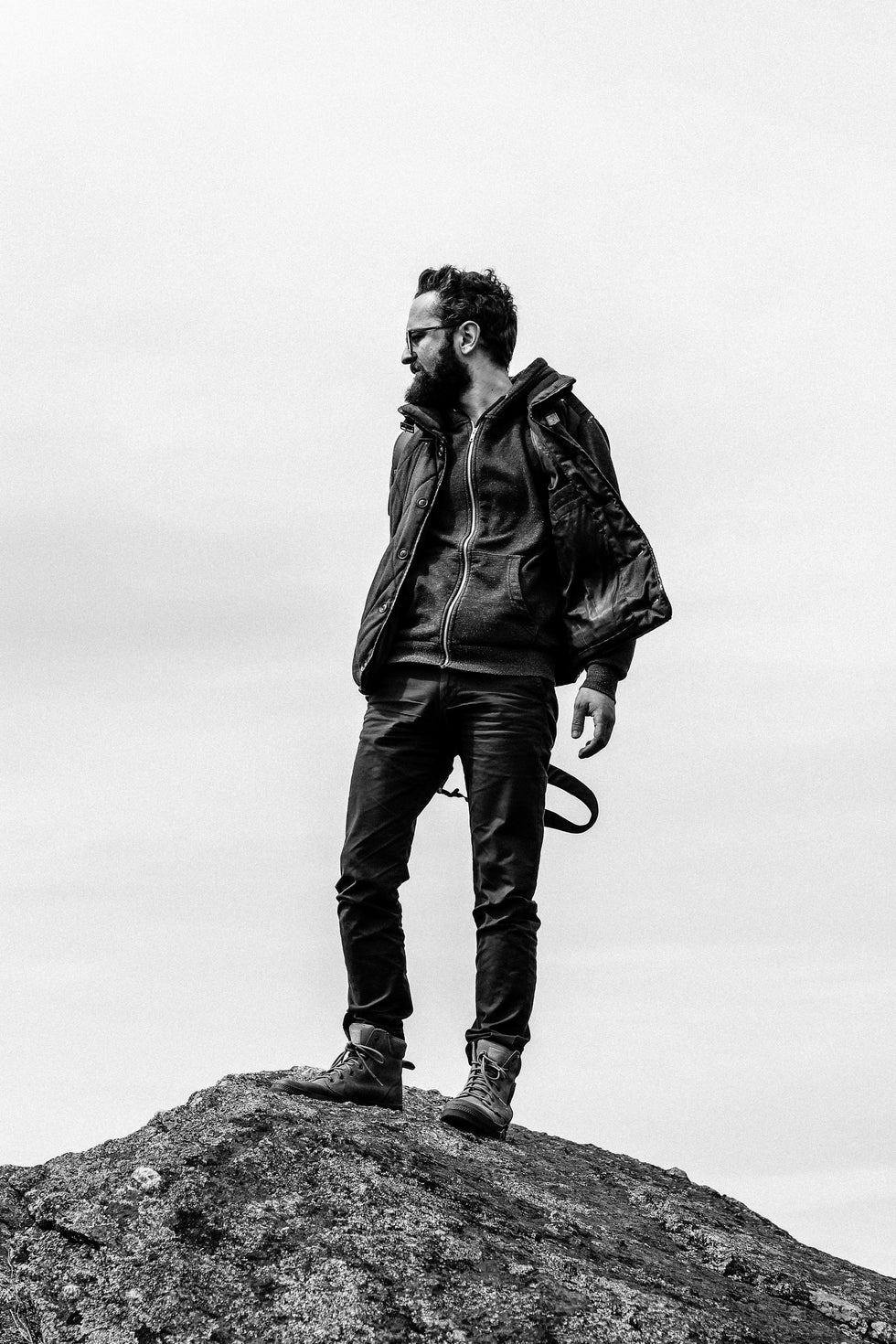
"Not everything you went through was your fault — but healing from it is your responsibility."
Many of us walk around carrying wounds that never bled. They didn’t leave visible scars, but they shaped how we see ourselves, how we love, how we trust, and how we show up in the world. One of the most invisible — and most damaging — of these wounds is childhood neglect.
When we hear the word “neglect,” we often think of physical absence — a child left alone or uncared for. But neglect runs deeper. It can be emotional, mental, and even spiritual. It’s not just about what happened to you — it’s also about what didn’t happen that should have.
What Is Childhood Neglect, really?
Childhood neglect is when your basic emotional needs were unmet. You may have grown up with

-
No one to comfort you when you cried
-
No one to teach you how to regulate emotions
-
No one asking how you felt or if you were okay
-
Parents or caregivers too distracted, addicted, angry, or emotionally unavailable to nurture you
And here’s the truth: you don’t have to remember it clearly for it to affect you deeply.
How It Shows Up Later in Life
If childhood neglect is never confronted or healed, it doesn’t just disappear — it reshapes you. It becomes the silent program running your choices, reactions, and even relationships.
Here’s how it may show up:
1. You struggle with self-worth.
If no one made you feel important as a child, you may grow into an adult constantly questioning your value. You might:
-
Sabotage good things
-
Settle for less than you deserve
-
Overwork or over give just to feel enough
You have trouble trusting others.
Neglect teaches you that people won’t show up — so you build walls, not bridges. You may:
-
Push people away before they can leave you
-
Expect abandonment in every relationship
-
Stay guarded, even with those who love you
3. You suppress your emotions.
When no one taught you how to handle your feelings, you learned to numb, avoid, or explode. This often leads to:
-
Anger issues or passive-aggressive behavior
-
Addiction, escapism, or emotional shutdown
-
Shame around needing support
4. You become hyper-independent or co-dependent.
Some of us say, “I don’t need anybody.” Others constantly seek validation from others to feel okay. Both responses come from the same wound — the belief that your needs weren’t (and won’t be) met.
The Cost of Not Confronting It

Ignoring childhood neglect doesn’t protect you — it just prolongs your pain. When it goes unhealed
-
You repeat patterns that keep you stuck
-
You project old wounds onto new people
-
You stay emotionally disconnected — even from yourself
Your inner child doesn't grow up just because your body did. If that part of you is still waiting to be seen, heard, and loved — it will keep asking for your attention, often through self-destructive behavior, emptiness, or unexplained anger.
Healing Starts With Awareness
At House of Resilience Coaching, we work with clients to uncover these hidden roots — not to dwell in the past, but to understand how it's shaped the present.
Our trauma-informed coaching sessions include tools to help you:
-
Recognize old survival patterns that no longer serve you
-
Reparent your inner child by giving yourself what you never received
-
Break cycles of emotional neglect so you don’t pass it on
-
Build new behaviors from a place of empowerment, not pain
You’ll also complete a Neglect-to-Nurture assessment in certain packages, designed to help you identify emotional blind spots and reconnect with parts of yourself that were once dismissed or ignored.
You’re Not Broken — You Were Unattended
Let that sink in: You are not broken. You are not too far gone. You were a child who needed something and didn’t receive it. But now, you’re an adult who can give it to yourself.
You’re not responsible for the neglect you suffered — but you are powerful enough to stop it from running your life.

Reflection Journal Prompt:
What did I need as a child that I didn’t receive?
How has that shaped the way I show up today?
What’s one small way I can begin to nurture that part of me now?
Final Word
Healing childhood neglect isn’t about blaming your past — it’s about reclaiming your future. And that healing is possible, even if the pain is old. Even if no one gave you love in the beginning, you can choose to become that source of love now.
Your story doesn't end with neglect. It begins again with nurture.


Add comment
Comments